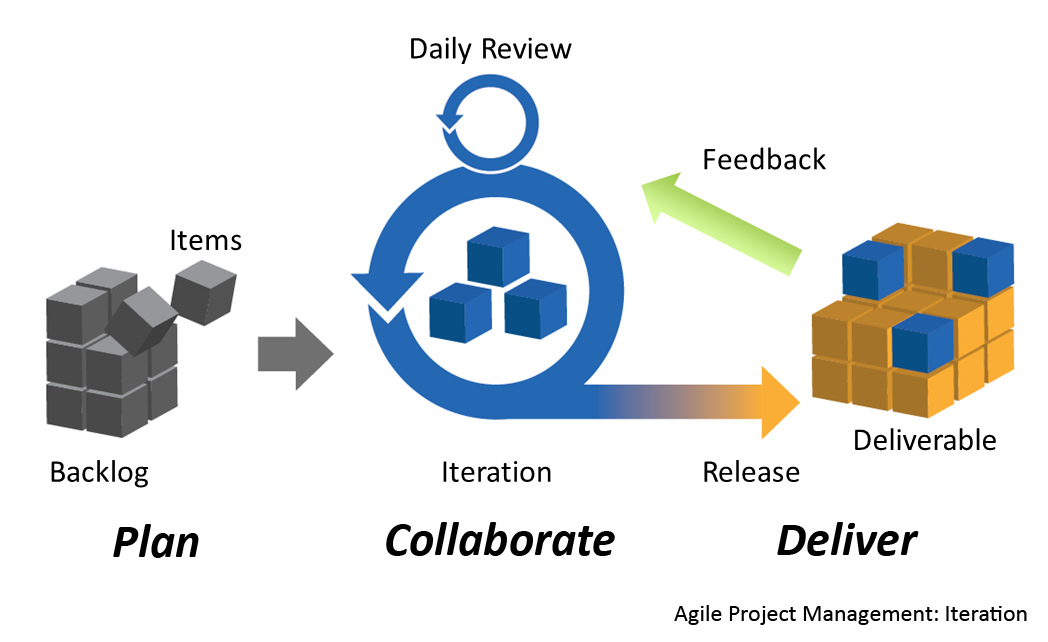Developing software isn’t just about writing code—it’s about managing a structured process that delivers quality, meets deadlines, and adapts to changes. Below are key strategies to achieve a good software development process.

1. Clear Planning & Requirements Gathering
- Define the project scope and objectives clearly.
- Gather detailed requirements from stakeholders.
- Create user stories and acceptance criteria.
- Use tools like Jira, Trello, or Notion to manage requirements.
2. Choose the Right Development Methodology
- Agile: Best for iterative development with changing requirements.
- Scrum: Uses sprints, daily standups, and sprint retrospectives.
- Kanban: Focuses on visualizing tasks and optimizing workflows.
3. Use Version Control & CI/CD
- Use Git for version control and repositories like GitHub, GitLab, or Bitbucket.
- Implement Continuous Integration/Continuous Deployment (CI/CD) to automate builds and deployments.
- Use Git branching strategies like GitFlow or Trunk-based development.
4. Write Clean & Maintainable Code
- Follow coding standards (e.g., Airbnb Style Guide for JavaScript, PEP 8 for Python).
- Use meaningful variable and function names.
- Write modular and reusable code with SOLID principles.
- Conduct regular code reviews using tools like GitHub PRs or GitLab Merge Requests.
5. Automated & Manual Testing
- Implement unit tests, integration tests, and end-to-end (E2E) tests.
- Use testing frameworks like Jest, PyTest, RSpec, or JUnit.
- Perform manual QA to check for edge cases.
6. Effective Collaboration & Communication
- Use Slack, Microsoft Teams, or Discord for team communication.
- Conduct regular standup meetings to track progress.
- Maintain clear documentation with tools like Confluence or Notion.
7. Monitor Performance & Security
- Use logging and monitoring tools like New Relic, Prometheus, or Datadog.
- Implement security best practices (e.g., OWASP guidelines, API security, authentication).
- Perform code audits and penetration testing regularly.
8. Deployment & Maintenance
- Follow DevOps best practices to ensure smooth deployments.
- Implement a rollback strategy for failed deployments.
- Schedule regular maintenance and updates.
9. Measure Success & Improve Continuously
- Use KPIs like deployment frequency, lead time for changes, and mean time to recovery (MTTR).
- Conduct retrospectives to identify areas for improvement.
- Stay updated with latest tech trends and tools.
Conclusion
A well-structured software development process leads to better efficiency, higher quality, and satisfied users. By focusing on planning, collaboration, testing, and automation, teams can build scalable and maintainable software.
How to Ensure a Good Software Development Process